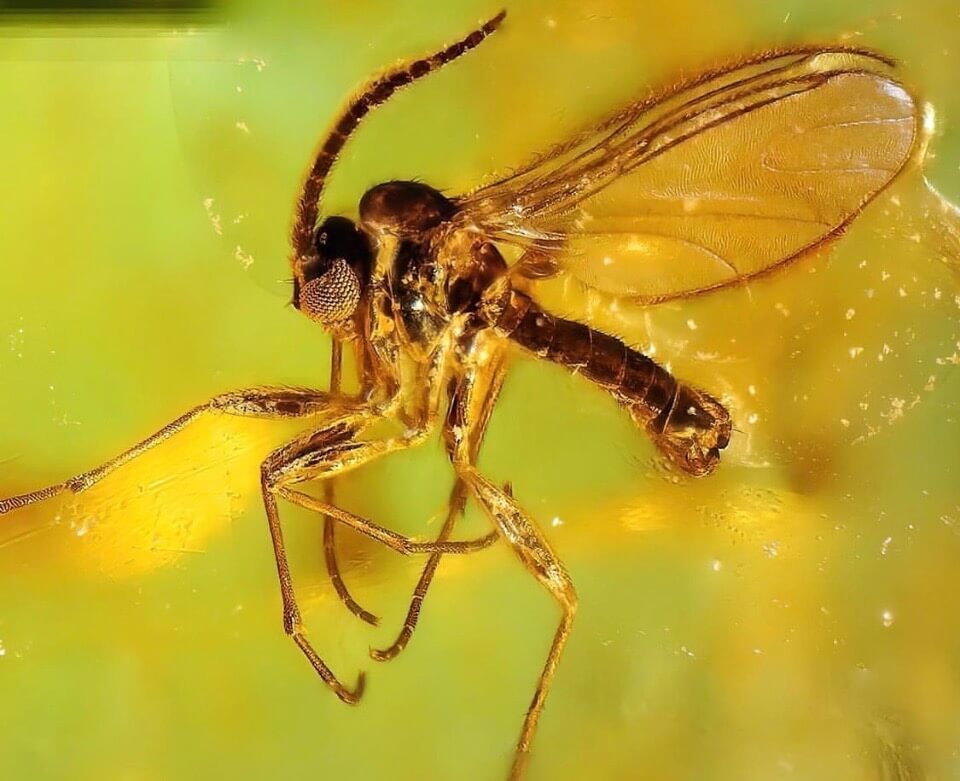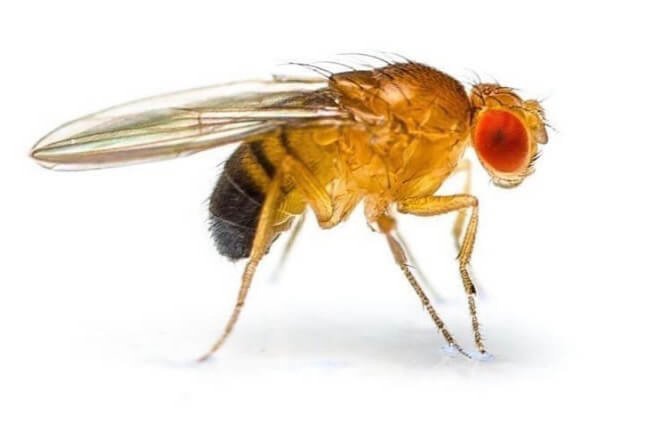How to Get Rid of Fungus Gnats
About Fungus Gnats
Fungus gnats are one of the most common types of pests that enter the home. They infiltrate into the soil of the houseplant and place their larvae. Fungus gnats can have around 300 cream-colored eggs that hatch per patch. It is incredibly important to catch this issue before their larvae ‘hatch’. These pesky pests are known amongst the plant community to be the most annoying as they will infest your house and buzz in your ear all day. They may be annoying to humans, but they have the ability to damage the roots of your houseplants.
Identifying Fungus Gnats
The very tiny fungus gnat is recognizable by their long legs and mosquito-esk bodies. Adult fungus gnats come in two colors, gray and black. They have maggot-like larvae that embed themselves in the soil.
Common Signs of Fungus Gnat Infestation
You will begin to notice cream colored larvae in the soil of your plants.
See little flying bugs around your house
Ways to Get Rid of Fungus Gnats
Before tackling any infestation, remove any infected plants from the rest to prevent transmission of any unwanted pests and diseases. After identifying the fungus gnat, there are many different ways to get rid of fungus gnats for good. Some of these methods are 100% natural while others use pesticides.
The Drought Method
If you notice a fungus gnat infestation, it may be because of too frequent waterings. Extend the amount of time between watering and wait until the soil has dried out before watering again. Fungus gnats love moist environments, so a great way to kill their larvae is to dry out your soil for a few weeks.
The Sticky Trap Method
Grab any sticky trap or gnat trap from your local hardware store. You can either place these mats near moist areas, under infected plants or even stick them in the soil. Replace the sticky mat every 2-3 weeks or when full.
The Apple Cider Vinegar Method
Mix together one part water and one part apple cider vinegar with a drop of dish soap in a jar. If you have pets, cover the jar with plastic wrap and poke a few pinky sized holes in it. Fungus gnats are attracted to this mixture and the dish soap will kill them immediately.
WARNING: Some pesticides are known to be toxic if ingested, absorbed through the skin, or inhaled. It may cause moderate eye or skin irritation. Always read labels of the products you are using the proper safety equipment.
The Neem Oil Method
Some use an insecticide that is derived from neem oil called azadirachtin, but neem oil itself seems to do the trick. Mix neem oil with water and spray the soil thoroughly every 3-4 days for 2 weeks. Hopefully you will see a difference throughout those few weeks.
Fungus Gnats vs. Fruit Flies
There are many distinct differences between fungus gnats and fruit flies. For starters they vary in color, fruit flies have a tanish black complexion while fungus gnats are always dark gray to black. Fruit flies are smaller house flies while fungus gnats look more like mosquitos. See the comparison below:
Fungus Gnats (2.5 mm)
Fruit Flies (3 mm)
Fungus Gnats Prevention
The best way to prevent a fungus gnat infestation is to always keep the top of the soil dry to kill off any larvae. For most houseplants, its important to wait until the top two inches are dry before rewatering. Depending on the time of year, some plants need to be watered every 1-2 weeks. If you have a plant that experiences frequent fungus gnat infestations, it may be time to change its soil composed on perlite and repot the plant.
Frequently Asked Question’s
-
The most common cause for fungus gnats is overwatering. Fungus gnats thrive in humid conditions so with frequent watering, you are bound to attract these unwanted pests.
-
Although fungus gnats look like mosquitoes, they do not transfer any diseases or bite. The only harm they do is feed on the roots of your plants.
-
Fungus gnats do not live for very long. Their life span lasts around 8 days. Female gnats' purpose is to lay eggs in a moist area meaning soil is one of the best areas to get the job done.




